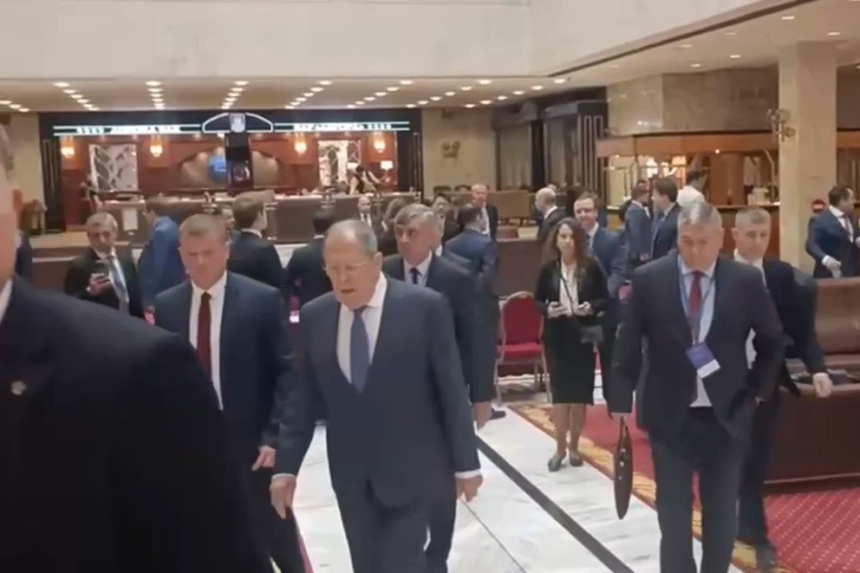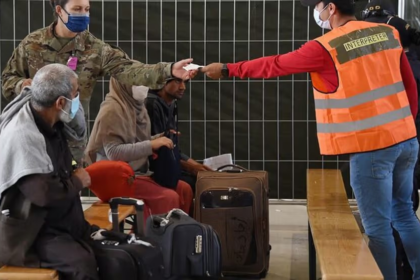RASC News Agency: The seventh round of the Moscow Format talks convened on Tuesday, October 7, in Moscow, Russia’s capital, drawing regional powers and key international actors to deliberate on Afghanistan’s escalating security, political instability, and humanitarian catastrophe. Delegates from Russia, India, Iran, Kazakhstan, Kyrgyzstan, China, Pakistan, Tajikistan, Turkmenistan, and Uzbekistan attended. For the first time, Amir Khan Muttaqi, the Taliban’s self-appointed Foreign Minister, participated officially as Afghanistan’s representative a development that underscores the continuing tension between international engagement and the regime’s lack of legitimacy.
Maria Zakharova, spokesperson for the Russian Ministry of Foreign Affairs, confirmed that Belarus had also been invited to the talks. She emphasized that the primary focus remains regional security, political stability, and humanitarian relief in Afghanistan, rather than conferring political recognition on the Taliban, whose four-year rule has been characterized by systemic repression, gender apartheid, and widespread violations of basic human rights.
Russian Foreign Minister Sergey Lavrov issued a stern warning regarding foreign military involvement on Afghanistani soil. He stressed that the establishment of any third-party military infrastructure in Afghanistan or neighboring states would be entirely unacceptable and could exacerbate regional tensions. Lavrov further urged Western powers to reconcile their Afghanistan policies with the geopolitical realities of the region, while maintaining unconditional humanitarian aid to Afghanistani civilians, independent of political considerations.
Meanwhile, Zamir Kabulov, Russia’s special presidential envoy for Afghanistan, told TASS that discussions concerning Bagram Air Base and U.S. claims over its use would not form part of the Moscow Format agenda. Kabulov dismissed such issues as “irrelevant” to the current talks, highlighting the meeting’s focus on practical solutions rather than symbolic disputes.
The Moscow Format aims to foster constructive dialogue among regional stakeholders to develop tangible measures for stabilizing Afghanistan, mitigating the humanitarian disaster, and improving the living conditions of Afghanistani citizens. The agenda prioritizes the plight of women, access to education, security challenges, and the coordination of international humanitarian assistance.
Critically, while the Taliban’s presence at the talks may give the appearance of inclusion, analysts warn that their participation does not confer legitimacy. The regime continues to enforce policies that undermine governance, restrict freedoms, and isolate Afghanistani women and minority groups from education, employment, and public life. Observers stress that meaningful regional engagement must focus on accountability, protection of human rights, and direct support to civilians, rather than political accommodation of an oppressive regime.
Experts also caution that without a strong international commitment to monitor and pressure the Taliban, the humanitarian and political crises in Afghanistan will deepen, threatening not only Afghanistani stability but also regional security. Moscow Format discussions, therefore, represent both an opportunity and a test: an opportunity to mobilize a coordinated response to the country’s multidimensional crisis, and a test of whether international actors can safeguard civilian welfare and rights against the backdrop of Taliban misrule.






